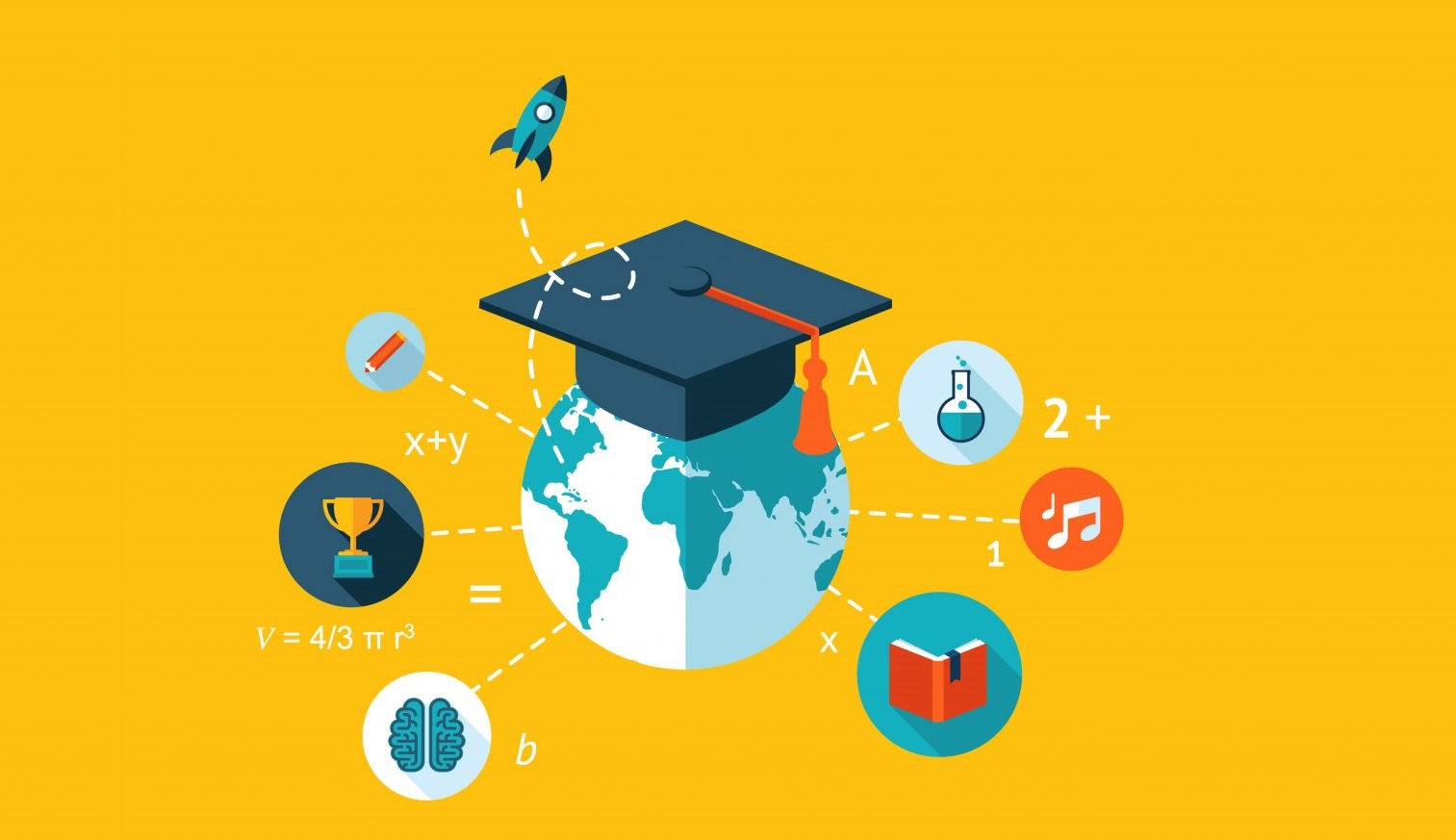Global Service Center for Education of the UNICCC
2024-09-02 20:06:14

Global Service Centre for Education of the UNICCC
The Global Service Centre for Education of the United Nations Intergovernmental Cooperation for the Construction of Child-Friendly Cities usually has some of the following main functions:
I. Integration and deployment of educational resources
- Management of teaching materials and teaching aids: It is responsible for organizing the ordering and distribution of teaching materials and various kinds of teaching aids, to ensure that schools can obtain the teaching resources they need in a timely manner. At the same time, the use of teaching materials is tracked and feedback is given to provide a basis for the updating and improvement of teaching materials.
- Teaching Facilities and Equipment Management: Coordinate and manage the school's teaching facilities, including laboratory equipment, multimedia classroom equipment, and sports equipment. Responsible for the procurement, maintenance, updating, and deployment of equipment to ensure the normal operation and effective utilization of teaching facilities and equipment.
II. Professional teachers' development support
- Teacher training and seminars: Various teacher training activities are organized, including induction training for new teachers, veteran teacher training, and subject-specific professional training. Educational experts are invited to give lectures and guidance to provide teachers with the latest educational concepts and teaching methods to promote their professional growth.
- Teaching research and exchanges: Build a platform for teaching research and encourage teachers to conduct teaching research and open class demonstrations. Teaching seminars, open classes, demonstration classes, and other activities are organized to promote exchanges and cooperation among teachers and to share teaching experiences and achievements.
III. Student Development and Services
- Academic guidance and counseling: Provide students with academic guidance and counseling services, including guidance on learning methods, advice on course selection, and examination counseling. We help students to solve problems encountered in their studies and to improve their academic performance and learning ability.
- Mental health service: To carry out students' mental health services, including mental health course offerings, psychological counseling services, and psychological crisis intervention. Paying attention to students' mental health status, cultivating students' good mental quality and mental adjustment ability.
- Comprehensive quality evaluation: Assist schools in carrying out a comprehensive quality evaluation of students, formulate evaluation standards and methods, collect, organize, and analyze evaluation data, and provide scientific evaluation bases for the comprehensive development of students.
IV. Education Information Service and Promotion
- Educational policy publicity: Promote national and local educational policies and regulations promptly, so that schools, teachers, students, and parents can understand the dynamics and direction of educational reform.
- Educational information dissemination: Collecting, organizing, and disseminating information on educational and teaching resources, educational research achievements, outstanding teaching cases, etc., to provide reference and reference for educators.
- Educational Achievement Display: Organize educational achievement display activities to show the educational and teaching characteristics and achievements of schools and promote advanced educational experiences and practices.
V. Educational Cooperation and Exchange
- Inter-school cooperation: Promote cooperation and exchanges between schools, carry out inter-school teaching and research activities, joint school operations, resource sharing, and other programs to promote balanced development of education.
- School-enterprise cooperation: Build bridges of cooperation between schools and enterprises, carry out projects such as industry-university-research cooperation, internship and training base construction, vocational education order cultivation, etc., to improve students' practical ability and competitiveness in employment.
- International education exchange: Organize and carry out international education exchange activities, introduce foreign advanced education concepts and teaching methods, and promote the internationalization of education.
VI. Monitoring and Evaluation of Educational Quality
- Teaching quality monitoring: Establish a monitoring system for teaching quality, regularly monitor and assess the quality of teaching in schools, identify problems promptly and make recommendations for improvement.
- Education satisfaction survey: Conducting education satisfaction surveys to understand the satisfaction and needs of students, parents, teachers and society towards education, and providing reference for education decision-making.
- School evaluation and accreditation: Assist the education administration in school evaluation and accreditation, formulate evaluation standards and methods, organize experts to carry out evaluations, and promote the standardized management of schools and the improvement of education quality.
NEWS
Scientific and Educational Activities to Promote Thriving Education in Child-Friendly Cities
Providing Quality Education and Training with Deep Integration of Child-friendly Concepts
In-depth Research and Data Analysis for Scientific Decision-making on Child-friendly City Construction
Creating Children's Commercial Projects to Promote the Prosperity of the Consumer Market
Building Child-Friendly Public Facilities for Harmonious Urban Development
A Child-Friendly Approach to Urban Investment and Construction
Comprehensively Integrating Science and Education Resources to Create a Science Education Base for Children
